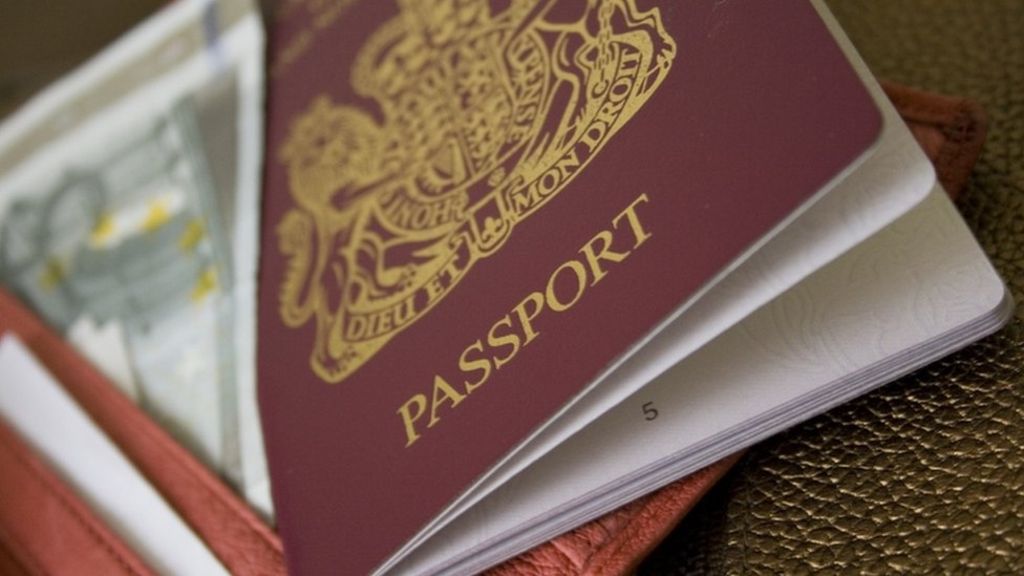How warring divorcees could face travel bans – BBC News


Law reformers have called for fresh sanctions against divorcees who try to wriggle out of paying their ex-spouses.
What are the potential changes all about?
Ex-husbands and wives who refuse to pay their former spouses’ divorce settlements could be banned from driving or travelling abroad under new proposals from the Law Commission.
The organisation that advises the government on legal reform in England and Wales says tough penalties are needed to tackle divorcees who avoid paying what a court has decided is a fair financial settlement.
It is suggesting that an ex who has not paid could be disqualified from driving for a year, but it says it would be self-defeating to impose a ban on someone who needed to drive to earn a living – because they would lose the ability to make the money to pay their former spouse.
So, it also recommending that judges should have powers to confiscate UK passports, which would be given back when the spouse paid up.
How does the current system work?
A court order called a family financial order may be imposed in a divorce that requires the payment of money between the former spouses.
Most family financial orders are based on what ex-spouses need to meet their day-to-day expenses and the expenses of dependent children.
A maintenance payment can by set for a limited period of time or until one of the ex-spouses dies, marries or enters into a new civil partnership.
Disqualification from driving is already used in England and Wales as a means of enforcement if a parent withholds child maintenance.
The Commission has previously abandoned the idea of imposing curfews on spouses who refuse to pay up, because of concern about resources and a “general feeling” that it would seem “draconian”.
“The aim of coercive orders is to encourage compliance,” the report said.
Why does it need to change?
The Law Commission says people are ignoring the orders and not making payments is “a significant problem”.
It estimates that, on average, there are 4,200 enforcement cases in relation to the orders each year and non-compliance can have a devastating impact.
Rent or mortgage payments may be missed, basic necessities may become unaffordable and children’s standard of living may be affected.
“We estimate there are 15m to 20m of debts each year that go unrecovered,” says Prof Nick Hopkins, law commissioner for property, family and trust law in England and Wales.
“And importantly these are only the cases that get to court.
“The law is so complex and inaccessible that there may be many other situations where money isn’t being paid but where the party is owed that money isn’t going to court because they can’t find their way through the law.”
What can people do if an ex refuses to pay?
Those that are owed the money can take their ex-spouse to court and it is possible for the judge to pass a jail sentence.
But the Law Commission says judges need a criminal standard of proof before they will send someone to jail, so the punishment is rarely enforced.
“We’ve also found there are gaps and loopholes that mean that the [ex-spouse] may have assets that are beyond reach of the court, for example,” says Prof Hopkins.
“He or she may have assets that are outside of the jurisdiction, outside England and Wales, or funds in a joint bank account.”
What will happen next?
The Ministry of Justice is considering the proposals and Justice Secretary Liz Truss will decide whether the proposals should form the basis of new legislation.
Read more: http://www.bbc.co.uk/news/uk-38338606